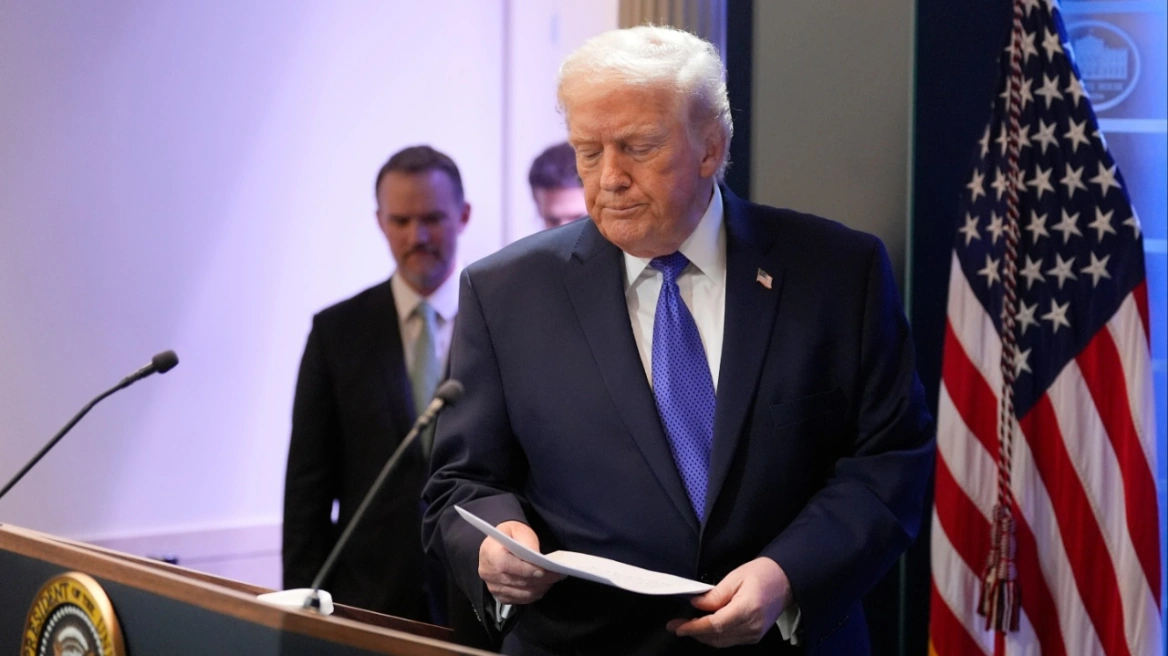Alabama won’t seek another lethal injection date for an inmate whose September execution had been halted because of problems establishing an intravenous line, according to the terms of a settlement agreement approved on Monday.
The state agreed to never use lethal injection again as an execution method to put Alan Eugene Miller to death. Any future effort to execute him will be done by nitrogen hypoxia, an execution method authorized in Alabama but that has never been used to carry out a death sentence in the US. There is currently no protocol in place for using nitrogen hypoxia.
On Tuesday, U.S. District Judge R. Austin Huffaker Jr. approved the settlement agreement in a lawsuit brought by Miller seeking to prevent another lethal injection attempt. Miller had argued that the state lost paperwork stating he picked nitrogen hypoxia as his execution method and then subjected him to torture during the failed execution attempt. At the time, Miller’s attorneys called him the “only living execution survivor in the United States”.
World’s 1st hydrogen-powered jet engine seeks turning point for aviation industry
Miller was scheduled to be executed by lethal injection on Sept. 22, but the state called off the execution after being unable to connect an IV line to the 351-pound inmate. Miller said that when prison staff tried to find a vein, they poked him with needles for over an hour and at one point left him hanging vertically as he lay strapped to a gurney.
Alabama has acknowledged problems with IV access during at least four executions since 2018. Three of those had to be halted.
Read more: AP
Ask me anything
Explore related questions





